Interviewing for an investment banking job is a unique and nerve-wracking experience, especially if it is your first interview. In addition to the general advice, such as being on time and dressing right for the part, the investment banking job interview is often more about being prepared, presenting yourself, and being resilient.
If you’re about to enter the interview and need a quick summary of best guidelines, here’s what you should do to stand out in an Investment Banking interview:
Smile!
During the interview process, many candidates forget to smile because they are nervous. According to Mark Hatz, an interview panellist from Goldman Sachs, smiling is one thing that the interviewer wants to see. Have a genuine smile and enjoy the moment.
Have the right attitude
The majority of the assessment is to judge your attitude. Being a junior analyst, you would spend a considerable amount of time in the office. Associates, in the recruiting team, will essentially look for resilient candidates, who have good personalities, are willing to work hard and are fun to be around for 12 hours a day. Unlike what movies show, recruiters do not look for overconfident people with only intelligence, especially if you cannot work in a team. Having said that, you mustn’t present a fake personality, just to fit in.
Be respectful and demonstrate humility
Even if you have great technical knowledge and are comfortable with questions around it, you must show humility throughout the interview. Never try to show that you know more than the interviewers. Investment banking is a very hierarchical industry, so don’t let your excitement make your interviewer feel uncomfortable. Not coming out as overconfident or arrogant will help you exhibit that you would gel well with the organisation’s culture and the teams.
You can showcase this by waiting for the interviewer to finish their question before answering and keeping your answers clear and brief. Always summarise and let the interviewer ask for the details they need.
Present your story
The interview is essentially a sales pitch where you are presenting yourself. Make the best use of the opportunity by organising a short narrative that covers your motivation to work in the industry, the reason to select that particular institution, and most importantly, why you’d be a good fit for it.
Show that you are open to learning
Even after studying, preparing, and taking the best courses, you lack the practical experience required for the industry. With your first job, ample hands-on learning is involved. Throughout the process, you must demonstrate your readiness for the challenge and willingness to learn.
Lastly, stay confident
You can be confident about what you are saying without tipping over into arrogance. Successful candidates are those who are honest about their opinions regardless of what the interviewers think. If you do this in the right way, you will stand apart from the crowd and would come across as mature and genuine. Remember that your interviewers share the same talent and passion as you with far greater experience.
Finally, as a junior analyst candidate, you do not need to know everything about the job. Once you begin interviewing with several banks, it gets easier and you will realise that investment banking interviews follow a pattern. Similar questions come up in most interviews. Your preparation of the technical questions as well as general brainteasers would be the key.
Moreover, as an additional step, you can reach out to people working at your target bank beforehand to seek advice. You could also leverage your school’s alumni network or Linkedin for the same.
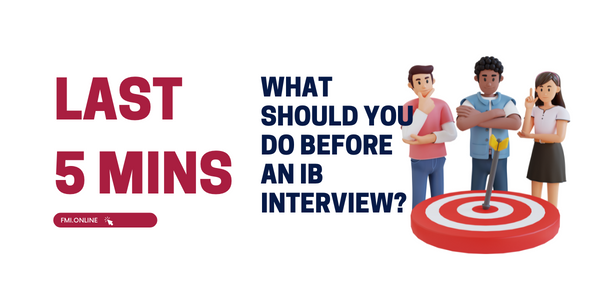
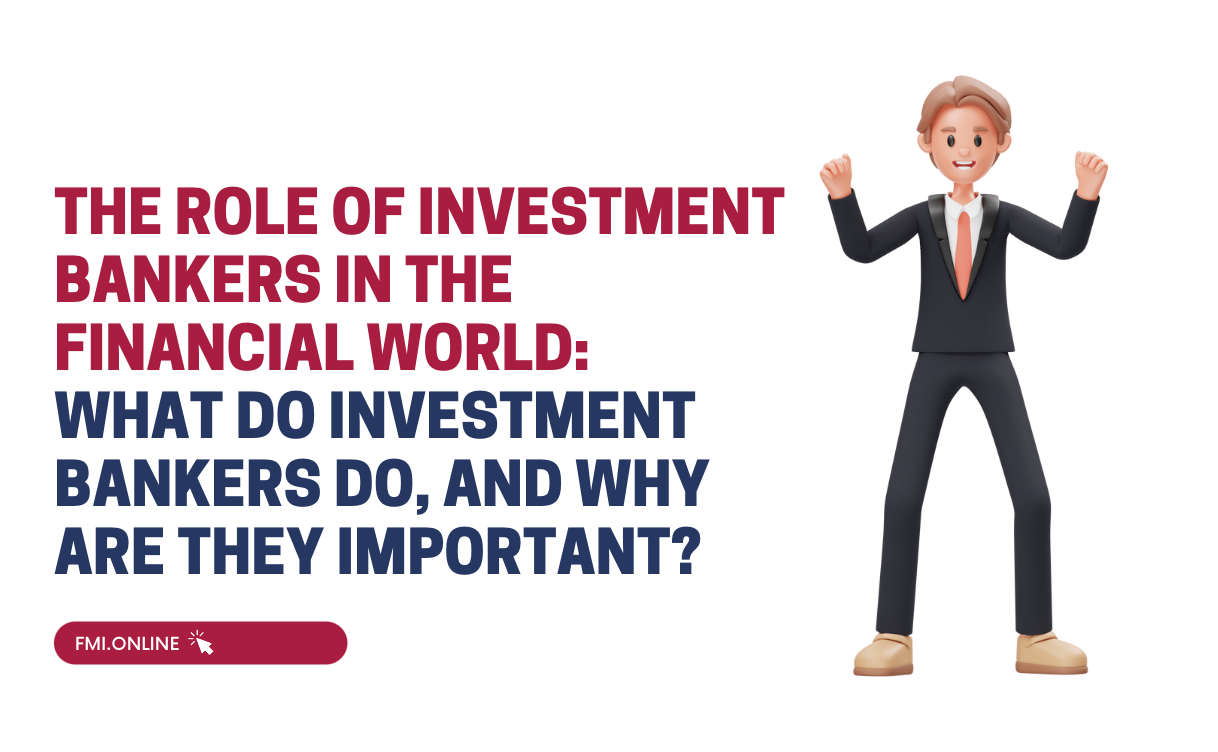
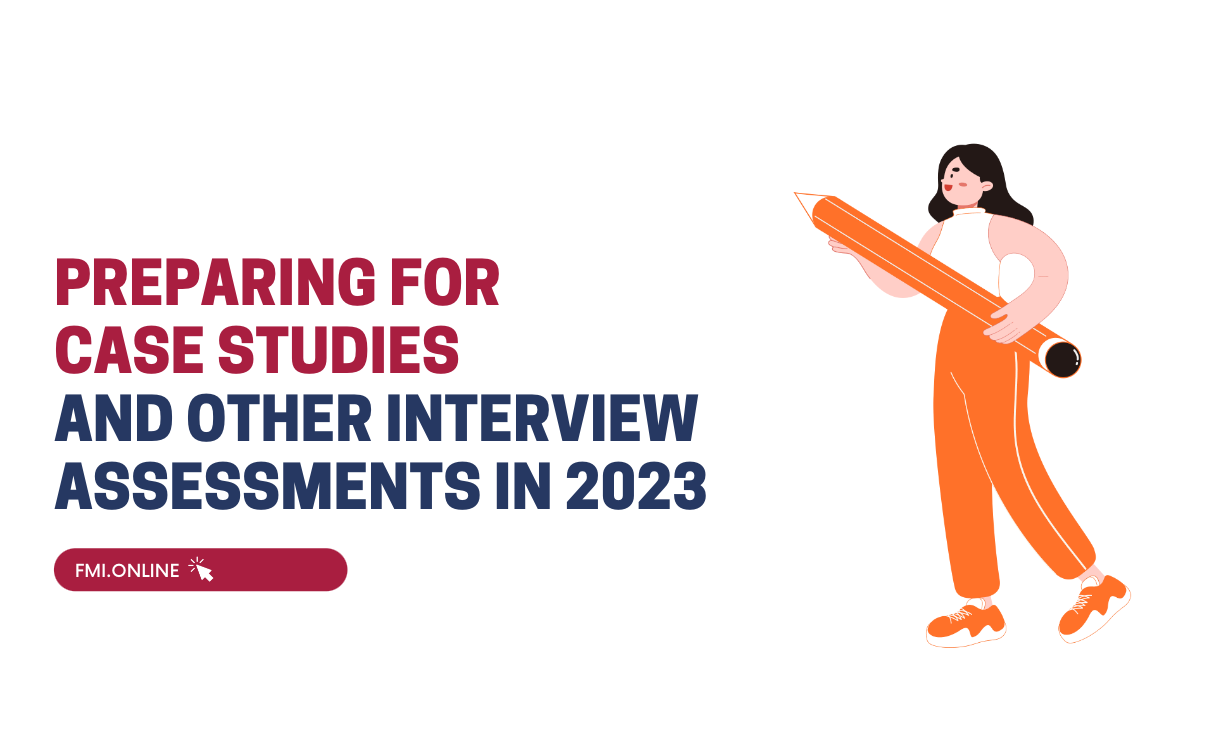




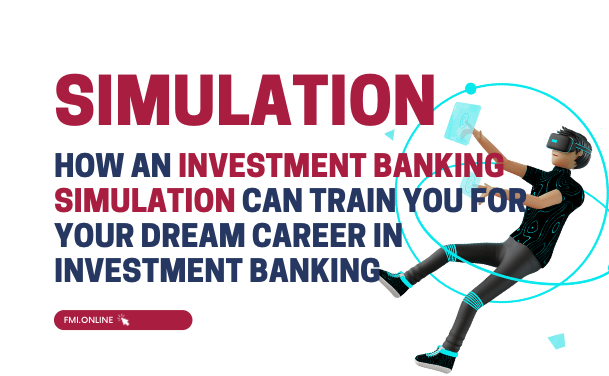
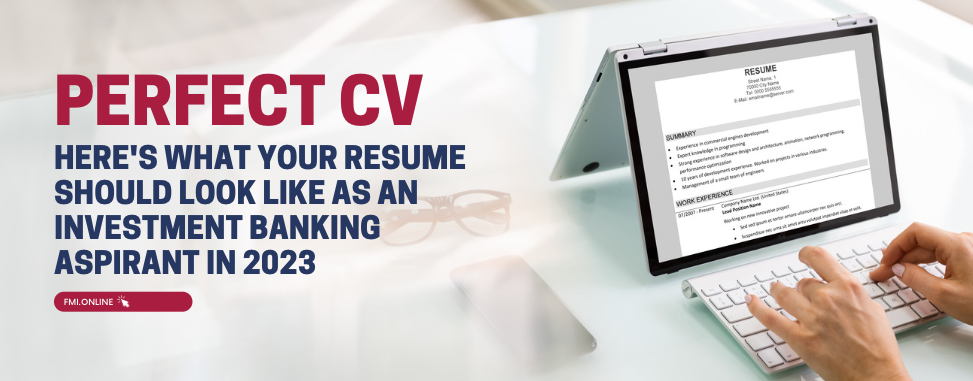

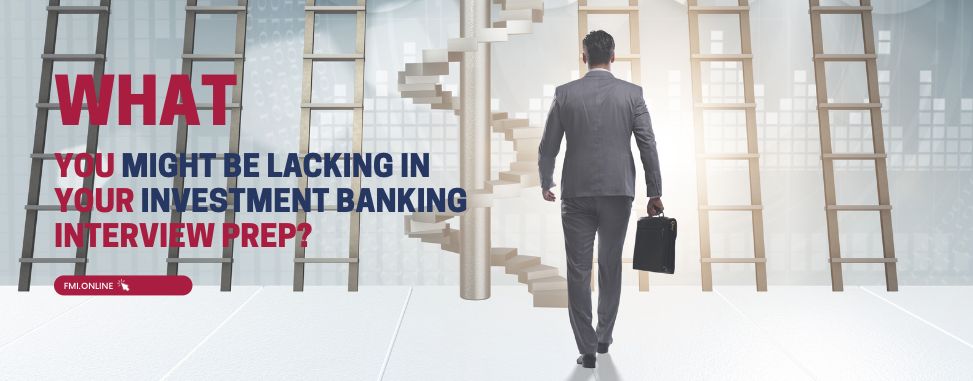

 60+ hours
60+ hours 9 courses
9 courses



